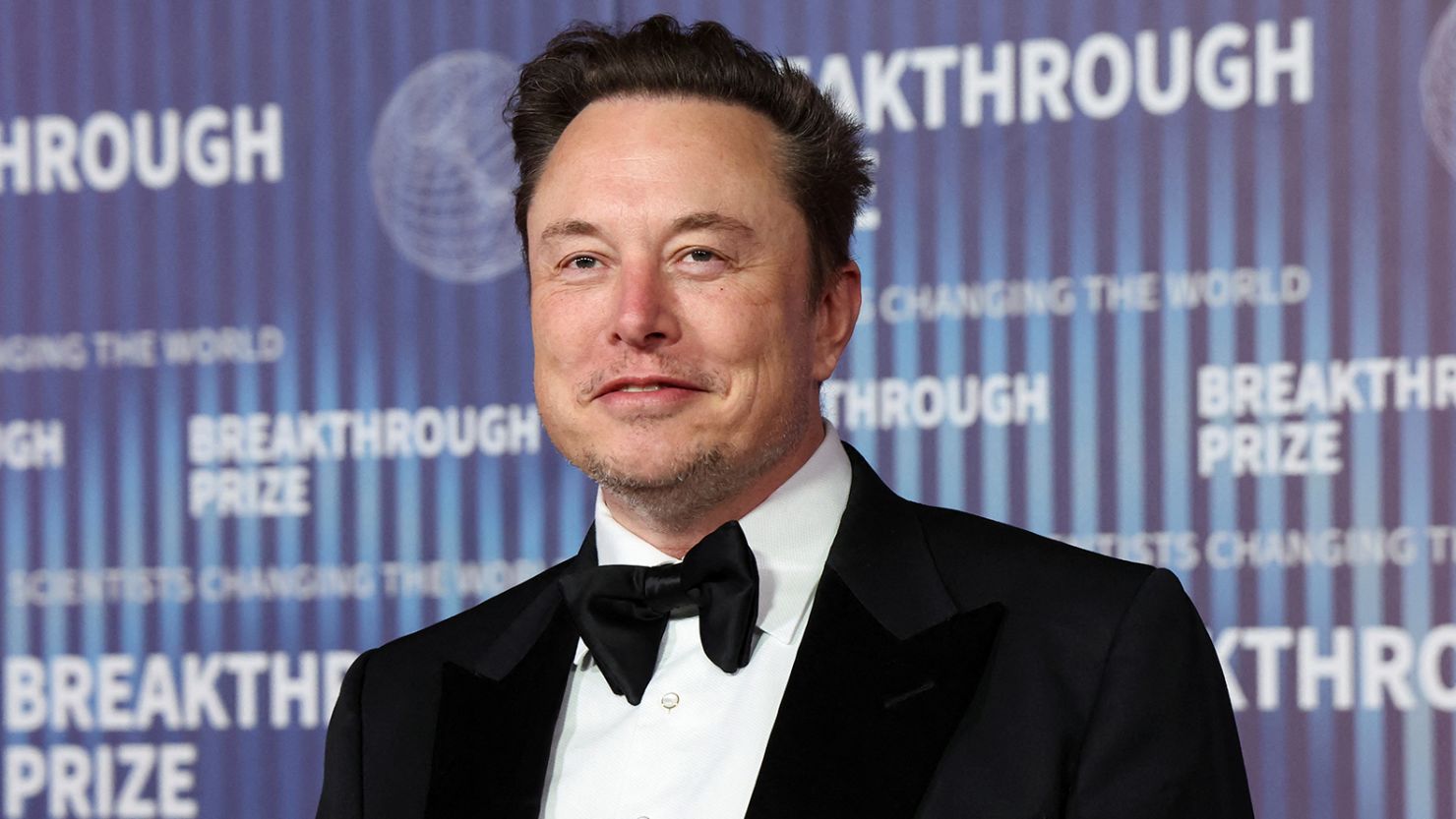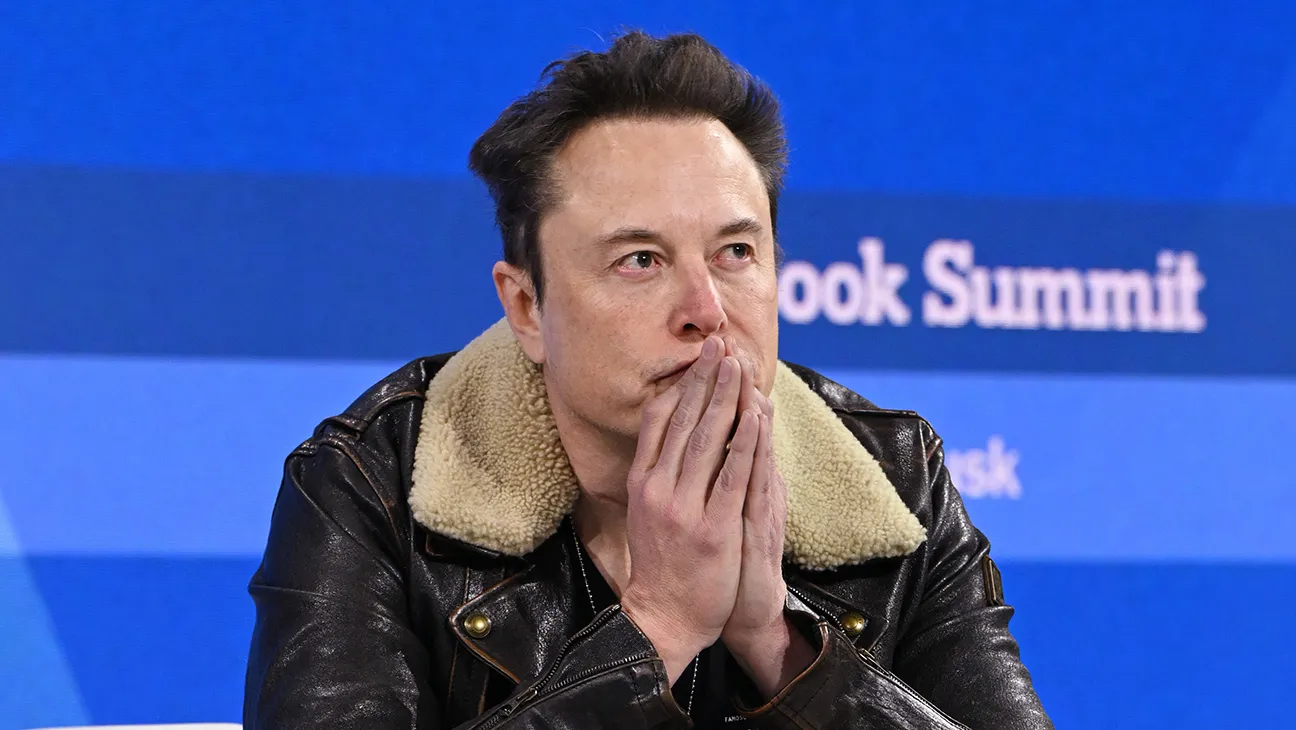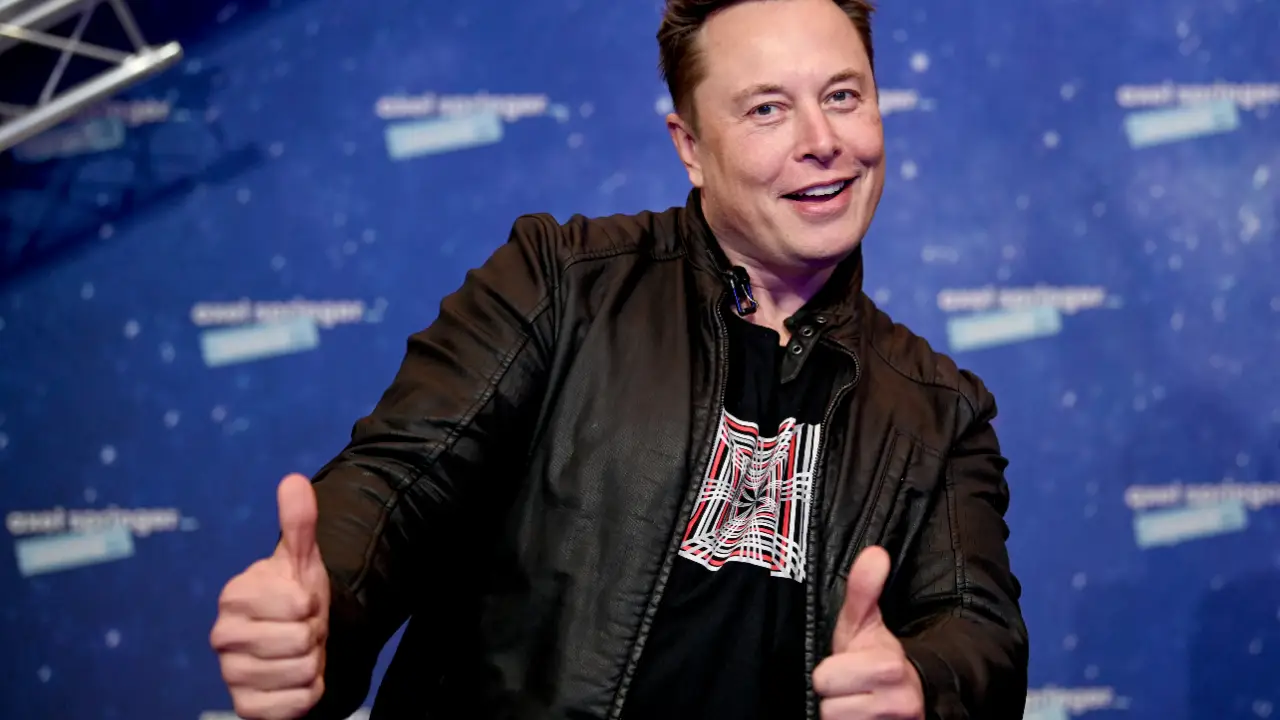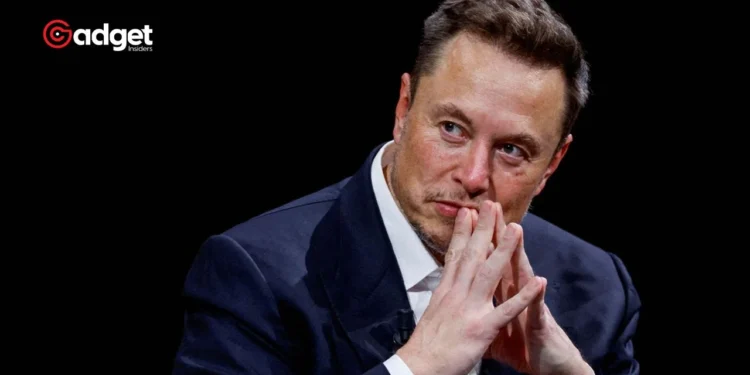In the realm of biotechnology, few companies stir as much intrigue and debate as Elon Musk’s Neuralink. Founded with the ambitious goal of merging the human brain with artificial intelligence, Neuralink has been a fixture in headlines, especially with its promise to revolutionize the lives of paralyzed patients.
The company’s pioneering technology seeks to enable individuals to operate digital devices solely through thought—a groundbreaking feat that could offer newfound freedom and interaction for those with spinal cord injuries.

Emerging Challenges in Neuralink’s Path
However, recent developments have cast shadows over Neuralink’s bright promises. Troubles with the implant’s fundamental components—specifically, its ultra-fine wires—have come to light. According to insiders familiar with the matter, these tiny wires, essential for the functionality of the implants, have a tendency to retract from their positions within the brain. This issue, identified during early animal tests, was deemed a low-risk occurrence by Neuralink’s team, a decision that may now be called into question.

Despite prior knowledge of potential wire retraction from the brain, and the resultant risk of losing critical signal-decoding electrodes, company proceeded without redesigning these components. This decision underscores a significant gamble: balancing technological innovation against the practical realities of biomedical engineering.
The Response from Neuralink and Broader Implications
Neuralink’s recent acknowledgment that these issues have affected their first human trials is telling. It’s a moment of truth for the company, revealing both the challenges of pioneering medical technology and the profound implications of their work.
The affected patient, who had hoped to navigate digital realms through mere thought, faced setbacks as the implant’s wires—thinner than a strand of hair—retracted, diminishing the device’s ability to capture comprehensive brain signals.
Early days of SpaceX
pic.twitter.com/y6TsAqYcvt— Elon Musk (@elonmusk) May 16, 2024
This revelation isn’t just a technical setback but also a pivotal moment for ethical considerations in the rush towards futuristic technologies. The balance between rapid innovation and patient safety is delicate, requiring stringent oversight and perhaps a more cautious approach to developmental timelines.

Elon Musk’s Neuralink: Balancing Innovation and Responsibility
As Company pushes forward, the tech community and potential users alike watch closely. The dream of seamlessly integrating human cognition with computers is undeniably compelling, but the journey is fraught with technical and ethical hurdles. For the company, addressing these recent challenges is not just about improving a product—it’s about reaffirming their commitment to safely and responsibly enhancing human lives.
Elon Musk’s ventures are no strangers to facing and overcoming hurdles; yet, as Neuralink encounters its own set of challenges, the path forward must be navigated with care and consideration, ensuring that the promise of tomorrow does not come at an undue cost today. The world watches and waits to see how it will adapt, hoping for a future where technology and humanity can coexist in closer harmony.










